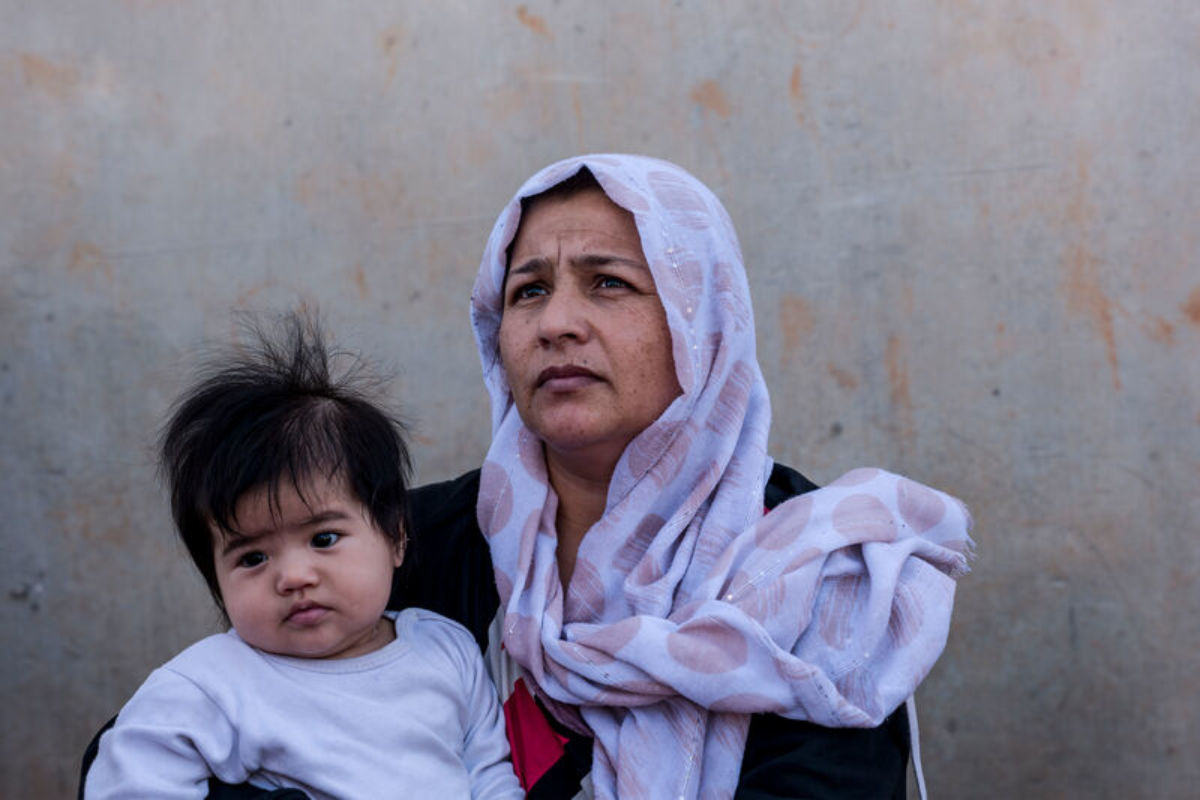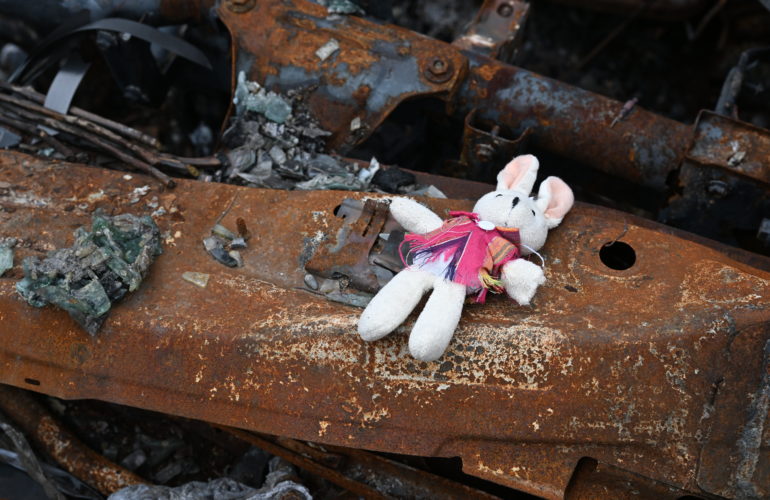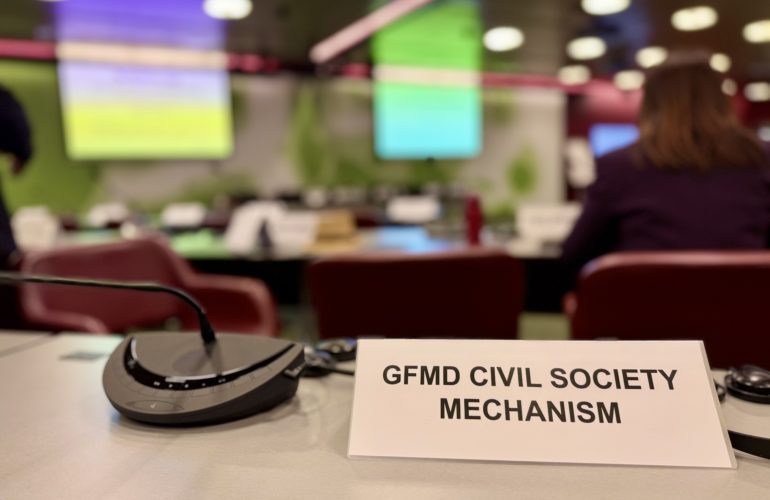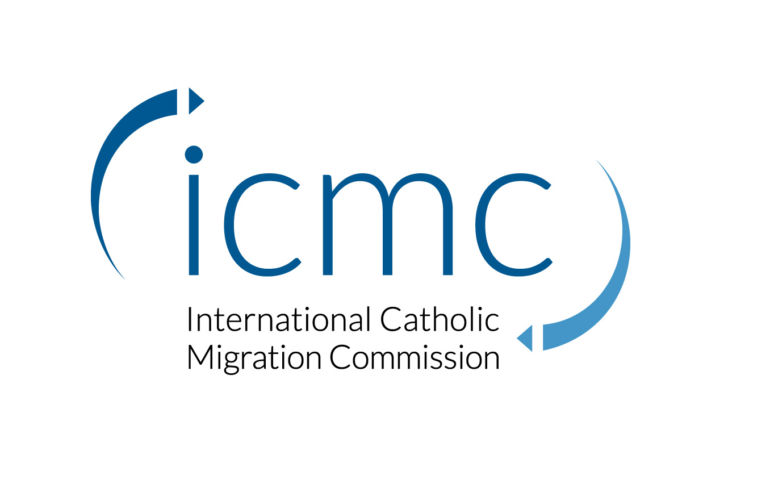Joint Statement: The New EU Resettlement Framework Is a Chance To Bring More Refugees to Safety

On 10 April 2024, the European Parliament adopted the Pact on Migration and Asylum, and alongside it, the new Union Resettlement Framework (URF). Twenty-two European civil society organizations, including ICMC Europe and the Share Network, urge the EU and its Member States to enact priority actions that could make the URF an effective tool to increase refugee resettlement and offer hope to refugees in need.
“While the adoption of the Pact on Migration and Asylum* […] is likely to lead to a detrimental degradation of people’s access to protection in Europe,” reads the statement, “the new Union Resettlement Framework […] offers a glimmer of hope. It has the potential to bring about a more coordinated, predictable and protection-centred approach to EU resettlement, especially for refugees in vulnerable situations.”
This new framework will lead to the replacement of ad-hoc refugee resettlement schemes across the EU with a two-year resettlement and admissions plan and a harmonized procedure throughout EU countries. The plan includes a maximum number of persons to be admitted, details about Member States’ participation and their share of that number, as well as overall geographical priorities.
The framework comes at a time when global refugee resettlement needs are at an all-time high; over 2.4 million people currently need resettlement, meaning that they can neither safely return to their country of origin nor settle permanently in the country where they have sought asylum. At the same time, many EU countries have scaled down, suspended, or indefinitely paused their resettlement programs, and current EU resettlement targets account for less than 1% of global needs.
“The URF signals the EU’s political support for global resettlement efforts and has the potential to be a step towards advancing solidarity, capacity-building and responsibility sharing. It must now be operationalised effectively to ensure that more people reach safety and find long-term solutions,” says the statement. For it to be effective, however, civil society organizations call on the EU and its Member States to take three key actions:
1. Increase the capacity of national resettlement programs and ensure the participation of more EU states in resettlement efforts through the full operationalization of the URF – leading to increased pledges, more robust programs, and better implementation.
2. Ensure fit-for-purpose monitoring and regular reporting on resettlement commitments.
3. Strengthen resettlement programs by involving displaced people, civil society, and humanitarian actors at every step of the process.
* Devised as the EU’s response to the so-called 2015 migration crisis in Europe, the Pact aims to improve the EU and its Member States’ capacity to deal with migrants arriving at European borders. For more information on civil society organizations’ concerns regarding the Pact’s concrete effects on the right to asylum in Europe, see, among others the joint statement The Pact on Migration and Asylum: to provide a fresh start and avoid past mistakes, risky elements need to be addressed and positive aspects need to be expanded.



